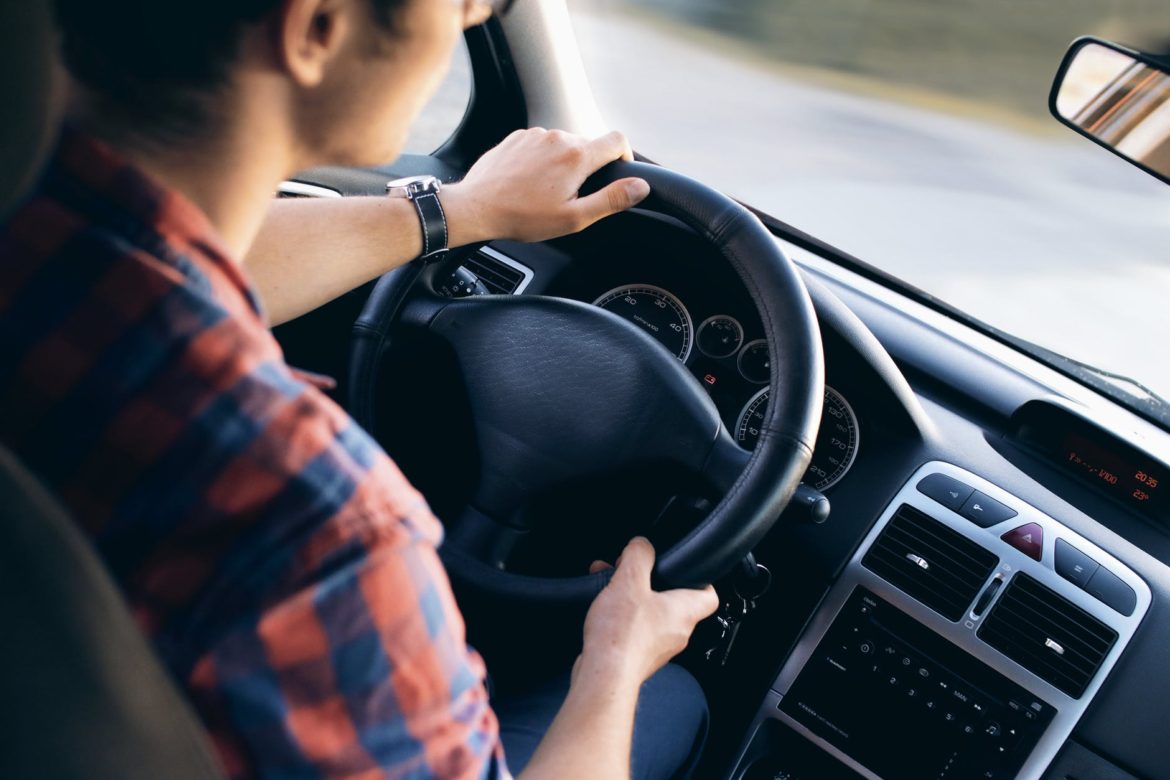#Introduction
No one wants to be in a car accident. They are one of the leading causes of death worldwide, and even minor ones are bound to cause stress and headaches. If you want to avoid all that — and let’s face it, you do — then driving safely is key, and here are a few tips that are going to help you do just that.
#Defensive Driving
Defensive, meaning not aggressive. There are several ways you can be more defensive behind the wheel, and most of them involve staying calm and using common sense.
Stay in your lane, let others pass you if they want to. Don’t lose your cool if someone cuts you off or otherwise wrongs you. Driving safely is better than trying to teach someone a lesson — they won’t learn anyway.
Be extra careful when pulling into traffic, especially in busy intersections. Vehicles can appear quickly and seemingly of nowhere, especially if they are speeding. Remember, you have to account not just for possible mistakes you make, but also for the possible recklessness of others.
#Avoid Being in a Hurry
Whenever you can, do your best to not be in a hurry. That means setting a realistic schedule for yourself and leaving with plenty of time to reach your destination.
That may not always be possible, but it is the safest option. A driver on a hurry is more likely to take risks, make compromises, and it is harder to keep your head cool and pay attention if you’re already running five minutes late to that important meeting.
Even if you’re late, remember to leave some distance between you and the car ahead. Getting into a silly fender bender because you didn’t leave the recommended three seconds of space between you and the car ahead won’t make your day any better.
#Mind Residential Areas
Children and pets are known for coming out of nowhere when they stagger into traffic, often popping out from between parked cars and other types of cover. Their small build makes them harder to spot from afar, and the panic that arises from suddenly finding yourself driving towards a four-year-old can lead to extreme jerk reactions.
As such, it’s safer to just drive slower in any residential area, even when there are no children in sight.
#Care for Your Vehicle
Taking good care of your car is key in preventing mechanical failures that may lead to serious accidents. That means doing regular check-ups, with special care towards the quality of your breaks and tires. Tires shouldn’t be watched just for their quality and gripping strength, but also kept well calibrated, as under calibration increases the risk of accidents.
Another key part of vehicle care comes from securing your visibility. You don’t want to be caught in a situation where you need your wiper fluid or windshield wiper, only to find that they aren’t there for you. Rain, snow, mud, and several other dangers may reduce or outright remove your visibility of the road — you need to be armed to deal with those.
#Be an Effective Driver
Making yourself an effective driver means getting rid of conditions that may impair your ability to drive. That means not getting behind the wheel when you are intoxicated, too tired, or otherwise unable to give your full attention to the road.
It also means you should avoid distractions while behind the wheel. Actions such as using your cell phone, messing with the radio, or just getting your eyes off the road too often can all reduce your reaction time and make you more likely to suffer accidents.
#Be Nice
Finally, just be nice. It is good human advice, but it is also a safety advice, as being nice to people on the road makes them a lot less likely to do something reckless to get revenge on you. It doesn’t take two to start an accident, after all. If you feel unsure of your driving, don’t forget that taking a driving course helps you improve your driving skills.
Related Posts












